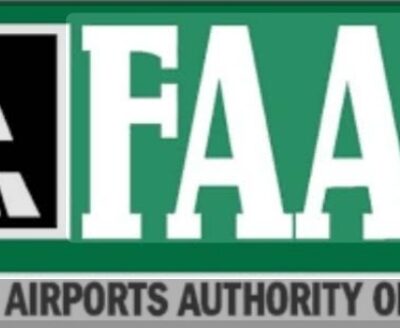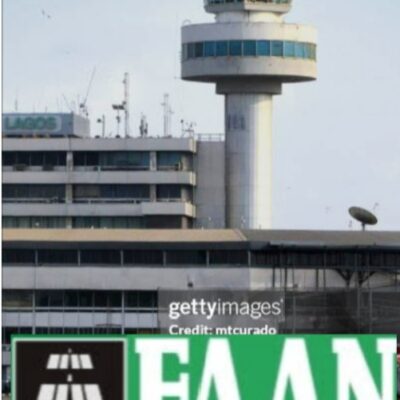
BY OLAPEJU OLUBI
A deepened alliance for strengthening food security and nutrition security has been announced by the Nigerian Meteorological Agency (NiMet) and the Permanent Interstate Committee for Drought Control in the Sahel (CILSS) and the Nutrition Security Information System (FNSIS).
The synergy was amplified during a courtesy visit by officials of CILSS to the NiMet headquarters in Abuja.
Speaking at the event, Professor Charles Anosike, Director General and Chief Executive Officer of NiMet and Nigeria’s Permanent Representative to the World Meteorological Organization (WMO), emphasised the agency’s strategic role in early warning systems, disaster risk reduction, and food security.
He noted that NiMet’s collaboration with the Federal Ministry of Agriculture and Food Security has helped to downscale seasonal climate forecasts, equipping farmers with timely information to make smarter agricultural decisions and boost productivity.
“NiMet is deeply invested in supporting national efforts toward food security through science-based forecasting and climate information services.
“We must adopt a coordinated and science-driven approach to predict, prepare for, and respond to food and climate shocks”, Anosike said.
He also introduced the National Framework for Early Warning and Early Action, a tool developed by NiMet under WMO guidance, which is designed to improve inter-agency coordination on disaster risk reduction, food security and climate resilience.
“This framework will be shared with all relevant stakeholders to promote synergy, eliminate duplication of efforts, and reinforce our national response mechanisms to food and climate-related emergencies,” he assured the visiting team.
The CILSS delegation, led by Mr. Williams Massaoud, lauded NiMet’s role in providing critical climate services, particularly in the area of food security.
He emphasized the importance of integrating meteorological data into the broader FNSIS platform to improve response to food crises.
Massaoud explained that the visit was part of the PRISISAN Project (Project for Strengthening and Innovating Food and Nutrition Security Information Systems), which aims to assist Sahelian and West African countries in developing resilient, comprehensive, and sustainable information systems to manage food and nutrition crises more effectively.
He further noted that the mission included representatives from the Food and Agriculture Organization (FAO), the World Food Programme (WFP), the Federal Ministry of Agriculture and Food Security (FMAFS), the Cadre Harmonisé Taskforce, and other key development partners focused on addressing food and nutrition insecurity across the region.
In his concluding remarks, Professor Anosike stressed the urgency of joint efforts in tackling hunger and malnutrition, calling for a unified, evidence-based, and integrated food security information system.
“It is only through collective action that we can develop a data-driven, coordinated response that not only addresses immediate food security needs but also strengthens long-term resilience,” he said.
Olapeju is a journalist and aviation reporter.





